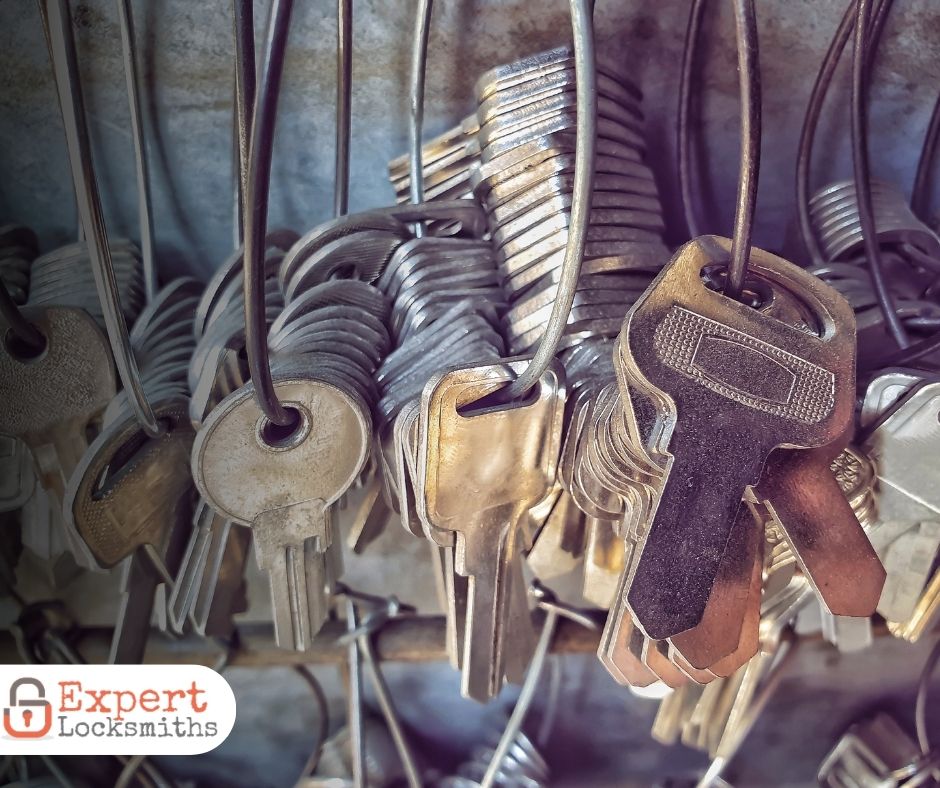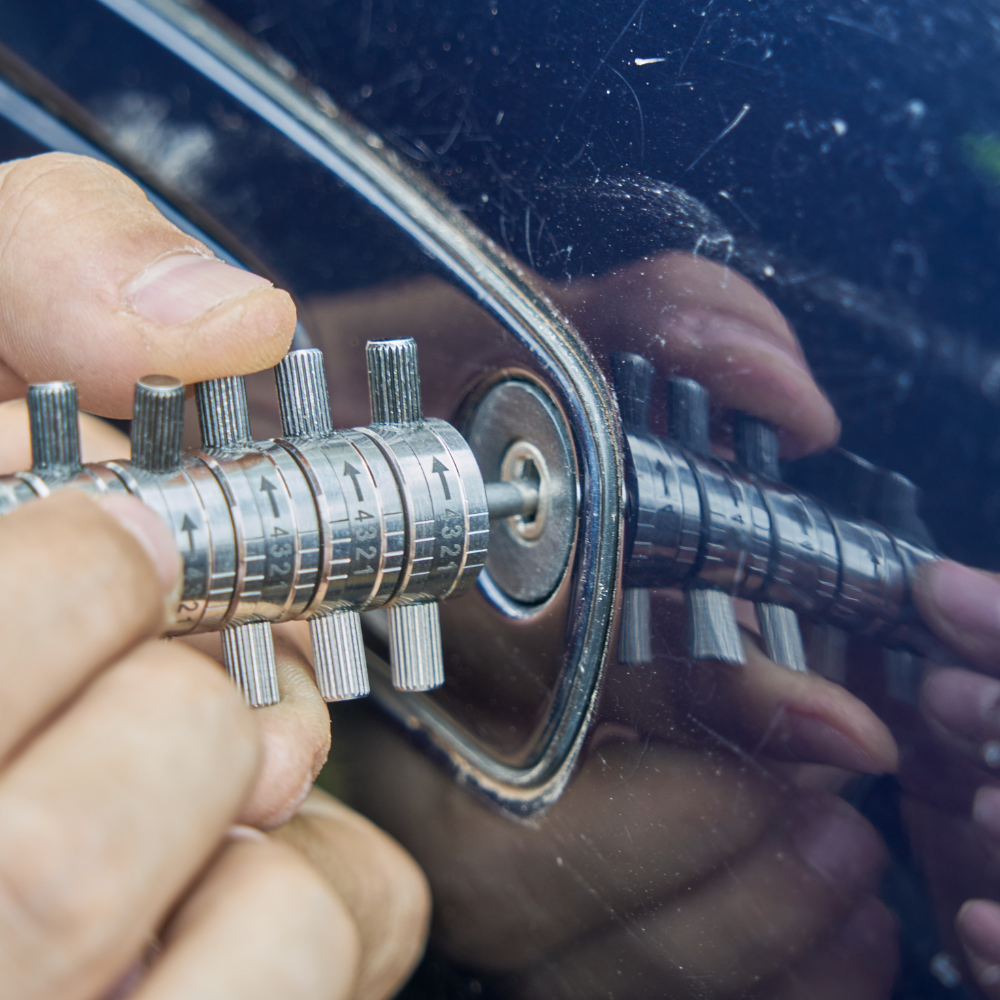Ever lost your car keys or had them stolen? You’re not alone. In our comprehensive ‘Ultimate Guide to Car Key Replacement ‘, you’ll find everything you need to know about replacing your car keys.
From understanding the different types of car keys to calculating the potential costs, we’ve got you covered. We know it’s a stressful situation, but don’t worry, you’re part of a community that’s been there too.
This guide will provide you with detailed, professional advice to navigate the process smoothly. So, sit back, read on, and you’ll have a new set of keys in your hand before you know it.
Understanding Different Types of Car Keys
Diving into the world of car keys, you’ll find there are several types to understand before you go about replacing yours.
Traditional keys, the oldest type, simply unlock your car doors and start the ignition.
Transponder keys, meanwhile, contain a chip that communicates with your vehicle’s engine control unit.
Smart keys are the latest innovation; they’re typically keyless, letting you start your car with the push of a button.
Each key type requires a different replacement process. You can’t just walk into any locksmith or dealer, you must find one that specializes in your particular key type.
Understanding these differences is your first step towards successful car key replacement.
Calculating Car Key Replacement Costs
When it’s time to replace your car key, the first thing you’ll likely consider is the cost. The price can vary greatly depending on several factors.
Basic keys are relatively cheap, potentially costing as little as $10, but if you’re dealing with a high-tech key for a newer model, the cost can skyrocket to several hundred dollars.
Your car’s make and model, the type of key, and where you have the replacement done, all influence the final price. Dealerships tend to be the most expensive option, while locksmiths or online providers may offer more competitive rates.
Always remember to factor in any potential extra costs like programming or cutting the key.


